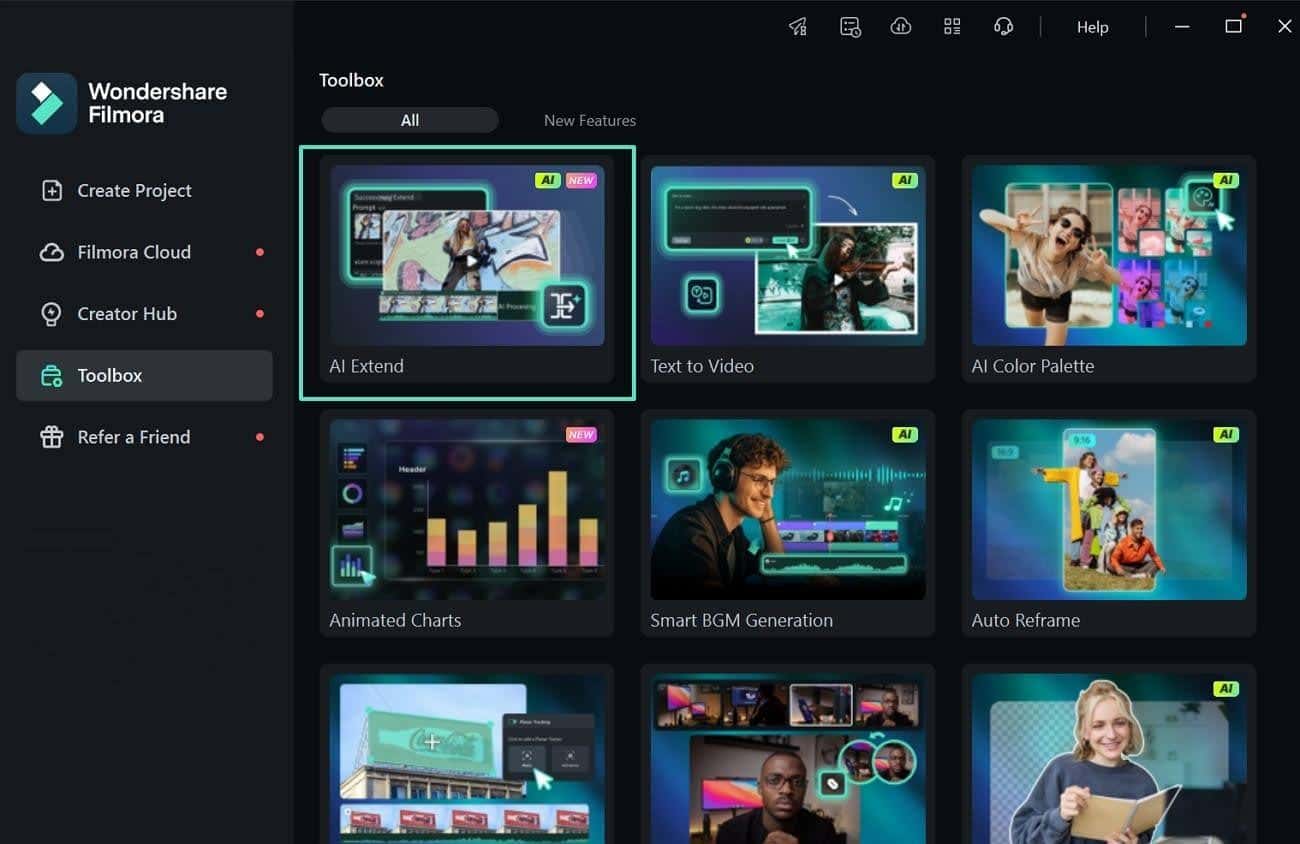Trump’s First Big “Made in USA” Win AI Servers, Not iPhones
Key notes

A wave of new server-assembly lines from Foxconn, Wistron, and their US partners marks what could be Trump’s first high-tech manufacturing win on American soil, according to Nikkei Asia.
The companies have announced plans to build AI-optimized server factories in states like Wisconsin, Arizona, and Ohio. These facilities will create hundreds of jobs and produce complex systems at scale, something iPhone production in the US can’t match, given existing supply-chain constraints. Experts argue that this marks a significant pivot from rhetoric toward tangible infrastructure.
Over the past year, Foxconn has confirmed multiple gigafactory projects in the US. Those sites will house operations including chip testing, board assembly, and full server stack integration for data centers. Wistron and smaller Taiwanese firms have joined the push, attracted by federal incentives tied to the CHIPS Act and growing interest in reshoring critical tech manufacturing.
Other recent Ai/Open Ai news –
- Three major newsrooms roll out AI-based bullet-point summaries
- Getty takes Stability AI to UK court over photo copyrights
- OpenAI Rolls Out Codex To ChatGPT Plus Users, But What Does It Really Mean?
Nikkei Asia emphasizes that assembling AI server machines in the US beats the odds. These systems demand highly specialized skills and precision, areas where traditional smartphone lines fall short. This effort could change the calculus on domestic technology production and shift investment models across the semiconductor ecosystem.
Investors and policymakers view this as a sign that industrial policy can shape outcomes. By targeting capital-intensive, high-margin equipment, the Biden administration and GOP governors hope to generate measurable wins faster than chasing consumer electronics manufacturing.
Still, challenges lie ahead. Integrating semiconductor suppliers and launching qualified clean room operations may take years. But by chasing server center hardware now, companies could build a solid foundation for future expansion, perhaps eventually including laptops, network gear, or even phones.
For tech observers, this moment demonstrates how modern “onshoring” efforts succeed when they harness industrial scale and policy incentives. Trump’s calls for domestic iPhones may have dominated headlines. Bloomberg, but this push sparked a more realistic tech reshuffle, one backed by production timelines, factory footprints, and workforce plans. If AI-server supply chains take hold in the US, they’ll redefine what “Made in America” can actually mean.
You may also be interested to read –
Read our disclosure page to find out how can you help MSPoweruser sustain the editorial team Read more




User forum
1 messages